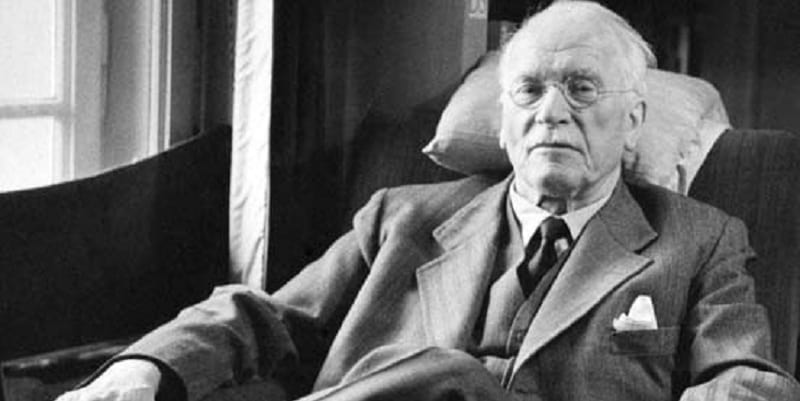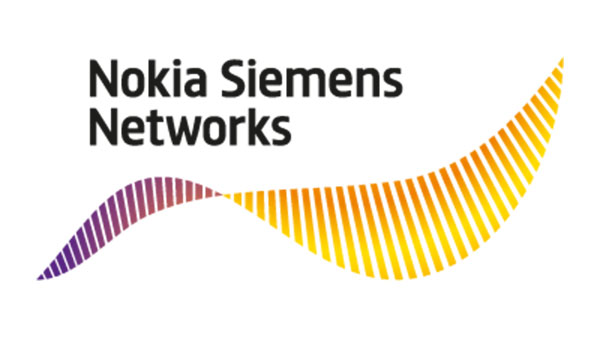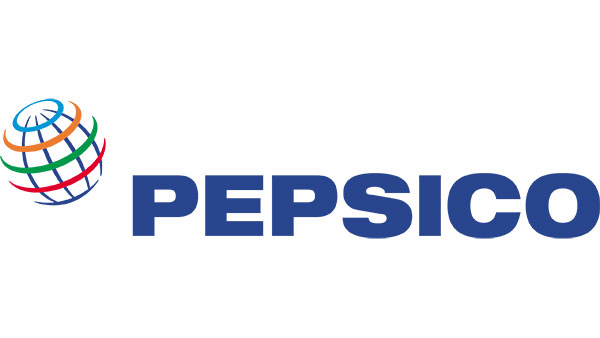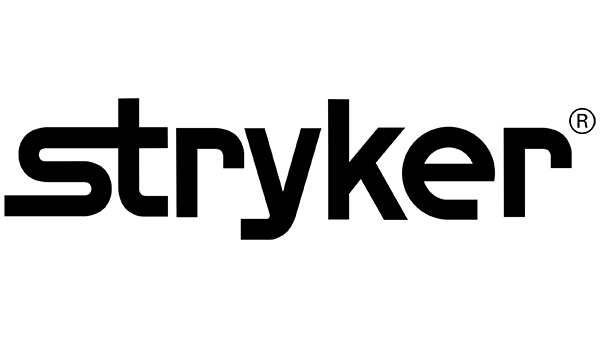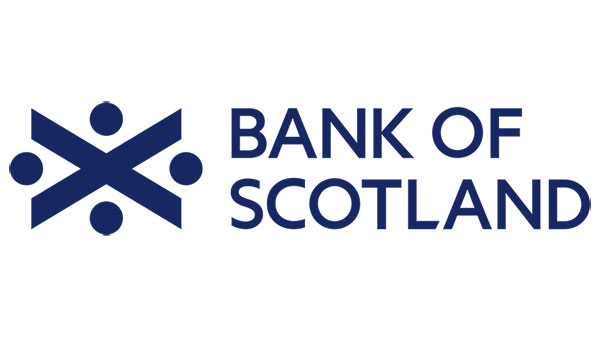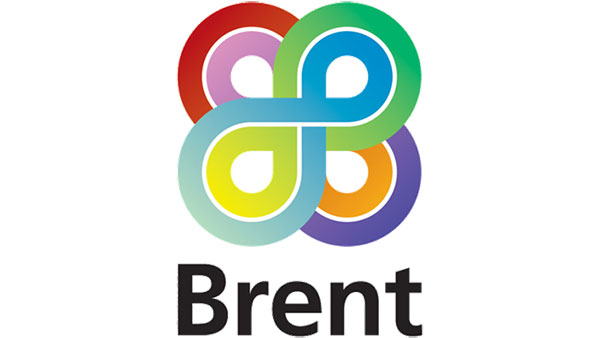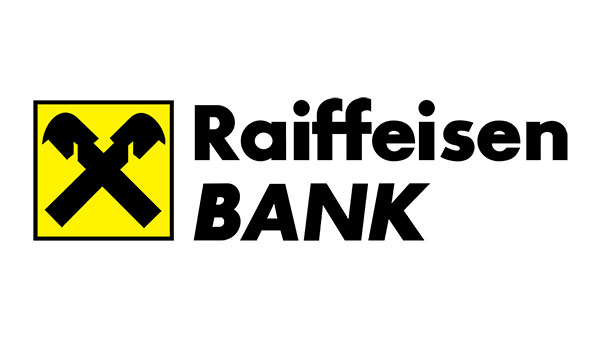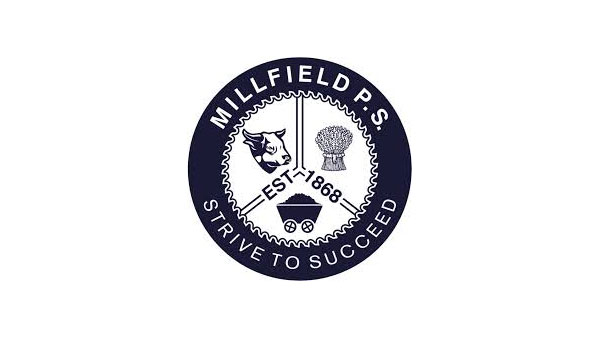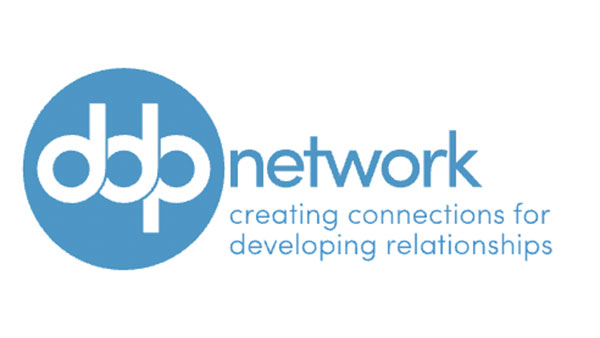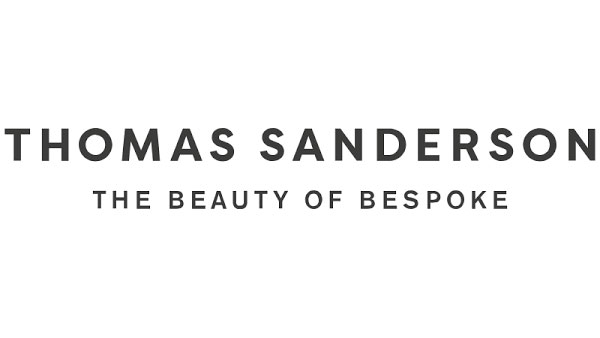Psychotherapy helps patients know and deal with their emotions, thoughts, and behaviors. It tries to cope with a wide array of issues: anxiety, depression, trauma, problems with relationships, and stress. On the other hand, it fosters personal growth and self-understanding.
There are numerous methods of psychotherapy and psychology, each with its own approaches, techniques, and theoretical underpinnings. In the context of psychotherapy, analytical psychology refers to the theoretical and therapeutic approach developed in the early twentieth century by the Swiss psychiatrist and psychoanalyst Carl Jung. Initially an intimate student of Sigmund Freud, Jung diverged from his ideas to concentrate on collective unconsciousness and archetypes. His approach is also known as Jungian therapy or Jungian Psychology.
Defining Jungian Psychology
Jungian psychology is a form of therapeutic intervention based upon a complex and elaborate theoretical system that examines how psychic life is organized based on the interpretations of psychic experiences in individuals and cultural expressions in communities.
Jung’s approach to psychiatry is grounded in a clear conception of psychology as the scientific study of the human psyche, focusing on what he termed psychic realities—objective expressions of the human soul. His research aimed to objectively understanding psychic reality by analyzing a diverse range of materials, including the hallucinations and delusions of mental patients, cultural artifacts, and his own personal experiences.
Approaches of Jungian Psychology
Jungian psychology is embedded with a number of valuable qualities that make it very effective both as a therapeutic and theoretical framework. Its approach to dealing with mental and emotional issues is multi-faceted and is described below:
Depth and Insight: Jung hypothesized that beyond the personal unconscious, which is the individual reservoir of experiences, lies a collective unconscious common to all human beings. According to him, the collective unconscious is the seat of the archetypes that bear universal symbols and themes impacting human behavior and experiences. Archetypes appear in dreams, myths, and cultural expressions, conditioning what and how people experience and perceive their lives. Undergoing deeper into the roots of thoughts, emotions, and behaviors by tracing out collective unconscious and archetypes, analytical psychology explains more precisely the psychological problems.
Individuation Process: This technique aims to help the achievement of a balanced integration of the conscious and unconscious mind towards a cohesive whole self, which Jung called “individuation”.
Archetypes: Jungian psychology is based on universal archetypes, themes, and figures that appear in myths, stories, and individual experiences. Using this model, a therapist, psychologist or credentialed coach will be able to recognize and understand the archetypes that mask unconscious patterns of behavior within clients.
Shadow Work: This is the art that involves the identification and integration of one’s Shadow—the unconscious mind, holding all those repressed or denied parts of the self. This kind of recognition and assimilation gives way to higher levels of consciousness and self-realization.
Symbolism and Mythology: Jungian psychologists make use of symbols, myths, and cultural stories to help clients understand their experiences better. These symbols and stories can provide a framework for understanding personal and collective unconscious material.
Transference and Countertransference: It is the actual therapeutic relationship that constitutes the heart of Jungian psychology. The process of transference (when clients transfer unconscious feelings onto the therapist) and countertransference (when a therapist projects their own unconscious feelings onto the client) is examined to learn relational patterns and unconscious dynamics.
Synchronicity: Psychologists working within the Jungian model treat meaningful coincidences and synchronistic happenings as symptomatic expressions of interconnectivity between the psyches and the world. Each such event is checked for its symbolism and possible insight.
Holistic Approach: It focuses on integration of the Whole Self. Analytical psychology focuses on individuation, which is the process of bringing together the different aspects of one’s self in order to create a whole. It involves acknowledgment and unification of the different elements of the self which have been repressed or neglected to attain wholeness and self-fulfillment. It, therefore, adopts a holistic approach to tackle the conscious and the unconscious aspects of the psyche, hence ensuring general wellness.
Emphasis on Personal Growth: Jungian Psychology focuses on the development of Self: the treatment makes it possible to release energy taken up by different personal conflicts, archetypal patterns, and individual values. Such self-development may help in improving self-awareness and life satisfaction.
How Jungian Psychology Works
In contrast to other forms of psychotherapy, Jungian psychology focuses more on the source of a problem than on its manifestations or symptoms. Through the work, a person must come to terms with these forces and influences to achieve wholeness between the conscious and unconscious mind. If this is achieved, “individuation.” can be attained.
In Jungian psychology, a person is induced to explore his conscious and unconscious minds with the help of the therapist, psychologist or credentialed coach in order that the areas of his or her personality misaligned be brought into balance and unity created between the conscious and unconscious minds.
It utilizes different ways to achieve this. Some are discussed below:
Dream Analysis: Dreams, especially, are considered one of the most important sources of information regarding the unconscious mind. Interpreting one’s dreams for unconscious material and utilizing them for gaining insight into a person’s inner world and unresolved issues are some of the essential constituents of Jungian psychology.
Word Association: It is a way to access the unconscious mind through responses people have towards certain words. What can be revealed in response to the hearing of a word links to spontaneous reactions, including the hidden thoughts, emotions, and archetypal patterns making up the person’s collective unconscious. Therapists, psychologists and credentialed coaches can recognize deeper psychological content and help people realize how archetypes and unconscious processes determine their condition of the mind and emotional experience.
Active Imagination: A method whereby the client allows spontaneous images, thoughts, or fantasies to rise from his or her unconscious and then engages them, usually through dialog, artistic expression, or writing, toward gaining insight and fostering psychological integration.
Art and Dance Therapy: Through the creation and analysis of art, individuals can express and explore archetypal images, emotions, and internal conflicts that might be difficult to articulate verbally. This process aligns with Jungian concepts by revealing symbolic material from the collective unconscious and facilitating personal insight and integration. Dance therapy aligns with Jungian principles by using movement to uncover and work through deep-seated psychological material and foster self-awareness.
Applications of Jungian Psychology
Personal Growth: Analytical psychology is often resorted to in investigating personal values, finding life’s purpose or meaning, and looking for identity. It, therefore, enables an individual to understand his inner conflicts and acquire more self-realization and personality growth.
Emotional and Psychological Problems: It can be used to treat all kinds of emotional and psychological problems, including trauma, anxiety, and depression. Though it is more oriented to the root causes rather than symptomatic relief.
Creative and Spiritual Research: In the light of emphasis laid on archetypes, symbolism, and personal myths, analytical psychology is also applied for researching creativity, spirituality, and existential questions.
Integration with Other Psychological Approaches: Analytical psychology is, of course, amalgamable with other psycho-therapeutic and coaching modalities, but especially psycho dynamic approaches.
Standalone Practice: Jungian analysts utilize analytical psychology independently in their practice by using the generally governing principles and techniques from analytical psychology to achieve personal growth and solve psychological problems with the help of a client.
Summing Up
Jungian psychology offers a rich and intriguing framework, incorporating concepts like the collective unconscious and archetypes, along with elements of spirituality, mysticism, fantasy, and creativity. Jungian psychology represents one of the multidimensional approaches in psychotherapy today and is greatly based on the study of the unconscious and self-realization. It offers an overall framework for understanding and integration of the different elements of the psyche into one personality by highlighting collective unconsciousness, archetypes, and the process of individuation. Parallel to the emotional and psychological resolution of issues, this method opens the way for personal growth, self-realization, and coming closer to one’s inner self.
Jungian psychology is able to explore the psyche holistically, by techniques such as dream analysis or active imagination, to name a few, using creative modalities like arts and dance therapy, thereby fostering deeper insight and balancing the psychological makeup. This approach has implications beyond mere symptomatic relief and opens a rich avenue to full self-consolidation and enrichment.
